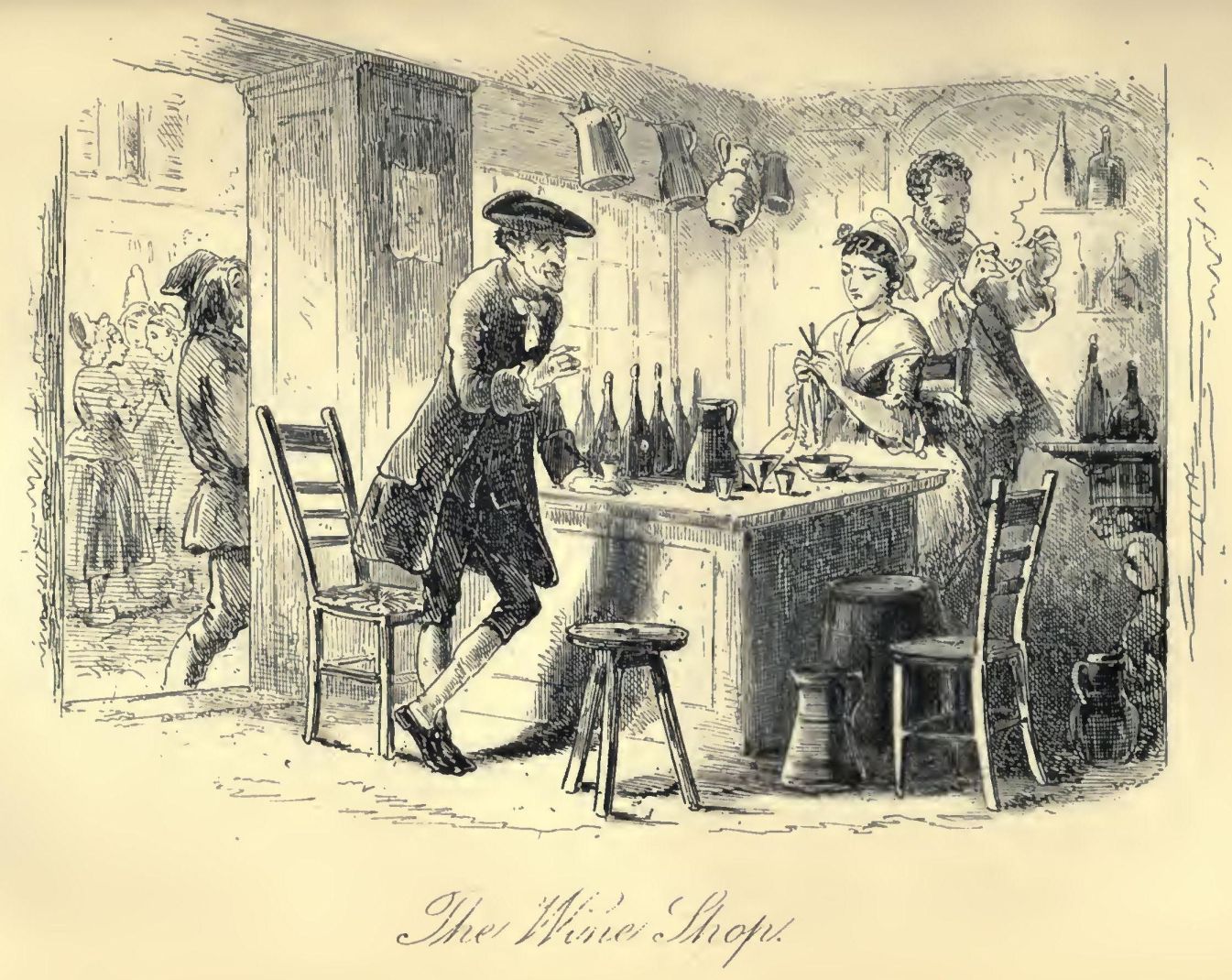
Access is usually, he tells us, a one-directional enterprise focused on inclusion: let’s let them (disabled folks) have what we (abled folks) have. This poetic critique echoes one made by Clark in an essay published in McSweeney’s in the fall of 2022 that departed from disability studies scholars’ and activists’ emphasis on access. But DeafBlind poet John Lee Clark’s poem “Oralism” presents a different historical record: emphasizing the abuse blind students suffered under Howe, who demanded that young pupils cover their “malignant eyes” with ribbons and “forget words.” Referring to the 19th-century letter board for blind writers-which allowed students to draft manuscripts by hand so that they would be legible to sighted readers-Clark says of Howe: “He made us write letters we could not feel.”


The first director of the Perkins Institute for the Blind, Samuel Gridley Howe, was praised for his purported advancements in blind students’ education.


 0 kommentar(er)
0 kommentar(er)
